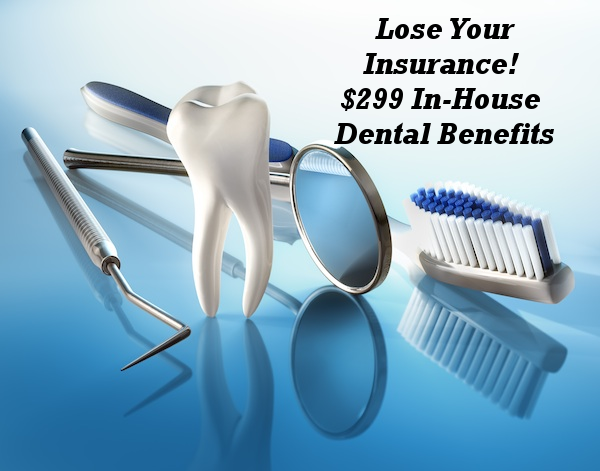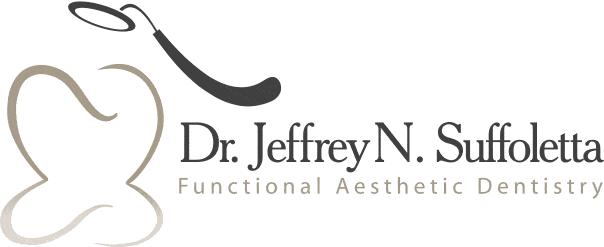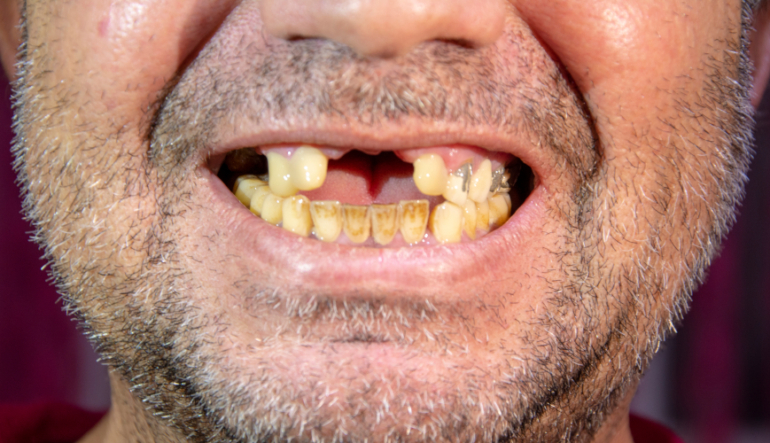Can Proper Oral Care Help Recovering Drug Addicts?
The path to recovery may be difficult. Not to mention, the chances of experiencing a higher quality of life after overcoming rehabilitation can be a coin toss, especially after enduring long term drug abuse.
In a recent study, carried out by a team of researchers from the University of Utah School of Dentistry, “… improvements in substance abuse treatment outcomes were associated with the comprehensive dental care” administered by the scholars. “There is a powerful synergism between oral health care and substance use disorder,” claims Glen Hanson, D.D.S., Ph.D.. The results have been astonishing and demonstrated a strong correlation between completion and sustained recovery after drug abuse and the implementation of comprehensive dental care.
The organization’s findings were a breakthrough in the rehabilitation and treatment for substance abuse. “Their work shows for the first time that participants who had their major oral health problems addressed by a dental professional, stayed in treatment approximately two times longer and had a more than 80 percent increase in completing their substance abuse treatment program”, as proven by the research team’s findings published in the Journal of the American Dental Association.
The program presented a fresh and innovative approach into the treatment efforts for substance abuse.
RELATED ARTICLE: How Smoking Affects Oral Health
Major Side Effects
Drugs have major side effects and health impacts on the user’s body. While various forms of drugs have been linked to several cancers, amongst a plethora of chronic-illnesses, we sometimes overlook the toll they can have on oral hygiene and dental health. A lot of these drugs share similar qualities that affect teeth directly. Some of the common recurring side effects caused by these drugs that lead to increased dental complications, and higher risk of drug addiction relapse, were; dry mouth, teeth grinding or bruxism and tooth decay.
Alcohol, while being linked to liver disease and various forms of cancer, can impact your teeth negatively as well. As a result from frequent, prolonged consumption, users can experience dry mouth, which can cause teeth to become stripped of their protective enamel, and open the gateway to tooth decay, from the acidic properties presented in most alcohol.
Cannabis, too, can cause dry mouth and present some of the gum problems associated with excessive use.
Tobacco has long been proven to cause severe dental issues, amongst the many chronic illnesses its linked to. Aside from staining and discoloration, tobacco is known to be highly addictive and can cause gum disease and oral cancer as a result.
Cocaine and crack cocaine are highly acidic, the same way soda is (both regular and diet varieties), according to the Academy of General Dentistry. Cocaine can also cause ulceration of the gums when it is rubbed on the gums and mouth and can also lead to the erosion of tooth enamel leaving the user at a higher risk of contracting diseases.
Ecstasy, or also known as MDMA, is another substance that can cause dry mouth, along with the underlying effects associated with it. While ingesting ecstasy, users may experience tooth grinding as well, which can lead to the weakening of teeth and gums.
Heroin is also known to cause dry mouth and tooth grinding. Heroin users tend to crave sweets and may often neglect oral hygiene, which can later lead to tooth decay as a result.
RELATED ARTICLE: How Does Cannabis Affect your Dental Health?
702-671-0001
Keep Your Teeth Healthy, Ask us About Our In-House Dental Benefits

Inflammation and abscesses
As mentioned, dry mouth significantly increases the risk of severe tooth decay, which is the reason “Meth Mouth” has become a popular term associated with its noticeable impacts on dental health. “Methamphetamine dramatically decreases saliva production, and [saliva’s] important ability to buffer acidic attacks in the mouth,” explains Dr. Gantos.
While some people gradually start on opioids and may later adopt Methamphetamine due to similarities, both substances cause bruxism which also lead to weakened gums and teeth, leaving them susceptible to disease and erosion after prolonged use.
It’s a well-known assumption that when you look good, you inherently feel good. That’s why it doesn’t come as a surprise that recovering drug users demonstrated improvements in completion of treatment and increased chances of maintaining sobriety after receiving dental care.
“The experience is life changing not only for the patients but also dental providers such as dental students who now know how their work can dramatically alter their patients’ lives,” Hanson said. “I think if we do the same thing for patients experiencing other chronic health problems, like diabetes, we could see similar positive results for treatment outcomes.” concluded the University of Utah Dental Health Professor.
RELATED ARTICLE: Top Three Dental Problems that You Need to Guard Against
All in all, it is safe to say that drugs impact the body in many negative ways. Teeth, however, are unfortunately the first to become noticeably affected more often. On October 13th, 2018, the Visual Capitalist reported that “… drug overdoses are now the leading cause of death for Americans under the age of 50, above even car accidents and firearms.”
The data is anything short from alarming, simply call your dentist. They would be the best guide in regard to what needs to be done in order to repair any damage resulting from long term substance abuse. Always keep in mind, preventative care is better for your pocket than long term repair and reversal of damage onset by prolonged drug use.




